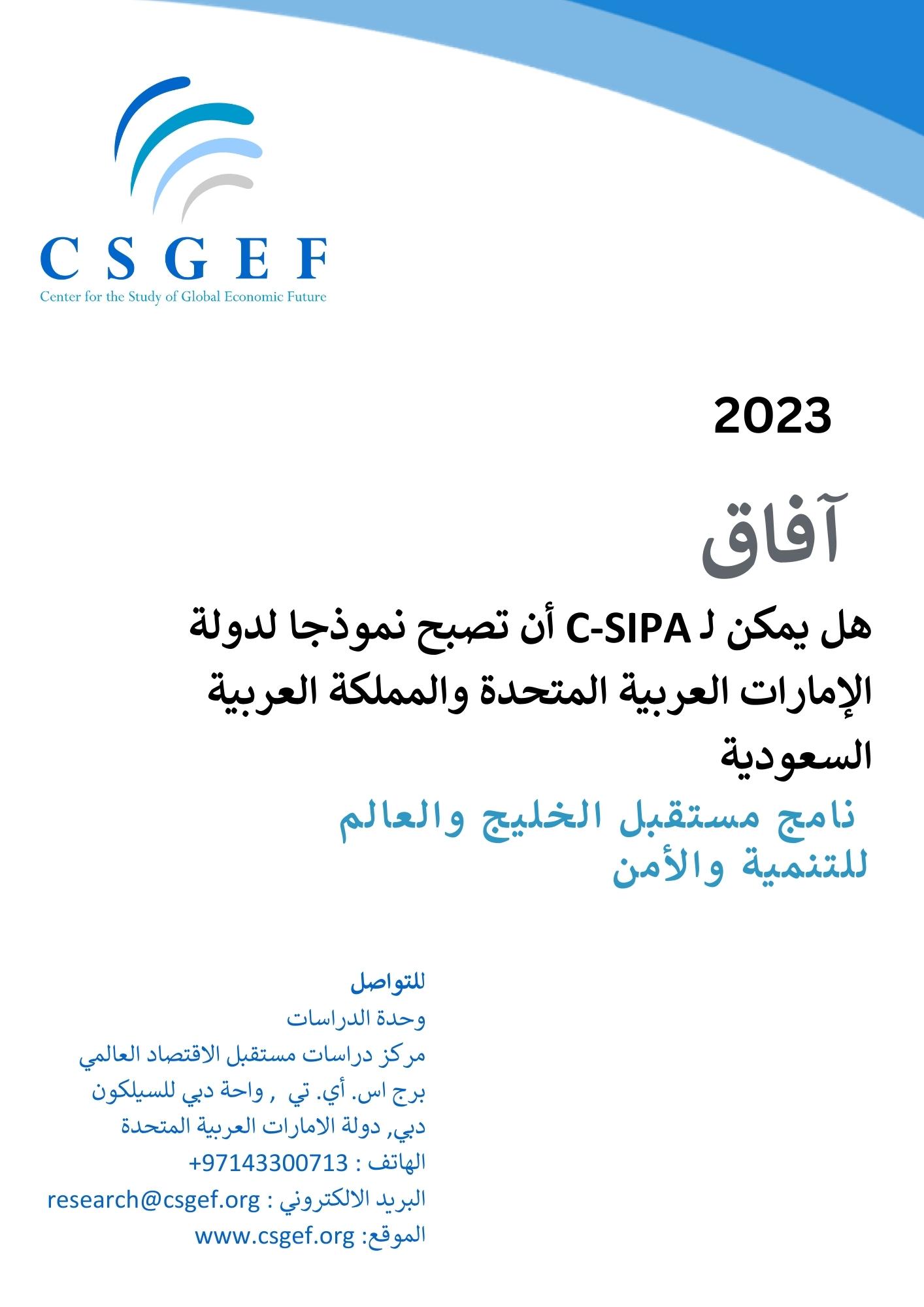Can C-SIPA Serve as a Blueprint for UAE and Saudi Arabia?
On 13 September 2023, the US State Secretary Anthony Blinken and the Crown Prince of Bahrain Salman bin Hamad Al Khalifa signed a Comprehensive Security Integration and Prosperity Agreement (C-SIPA). The new agreement would strengthen strategic partnership between the two countries. Under this framework, the United States and Bahrain will cooperate not only in the defence and security fields, but also in science, technology and trade. According to Secretary Blinken, the cornerstone of the agreement is the shared goal to contribute to building a more secure and prosperous region that is also closely connected to the world economy.
The agreement makes a particular emphasis on deterrence and coordination in order to tackle regional challenges through increasing interoperability and mutual intelligence capacity-building. Even though the official statement does not mention Iran, it is easy to read between the lines. Tehran remains the main regional threat, with the United Arab Emirates and Saudi Arabia having been directly targeted by Iranian attacks in the recent past. However, while the agreement highlights the US’s long-term commitment and interest towards ensuring regional security, it does not involve any expanded defence commitment or security guarantees.
Bahrain has already been the US’s closest partner in the Middle East and currently hosts the US Naval Forces Central Command (NAVCENT) and the US Navy’s Fifth Fleet. In 2002, Bahrain became the first Gulf country to receive a Major NON-NATO Ally and its forces have been part of the International Security Assistance Force in Afghanistan. Additionally, Washington has been supplying Manama with advanced military weapons. Hence, the defence and security cooperation between the two partners have been built on solid grounds and dates back to 1948.
However, the C-SIPA has an important symbolic significance amid the growing decline of the US influence and dominance in the region. The US’s chaotic withdrawal from Afghanistan has been perceived in the Gulf countries as a wider trend of Washington diverting its attention away from the region and focusing more on the Indo-Pacific region. However, the cracks in the relationships especially on the one hand – between the US and Saudi Arabia and on the other hand – between the US and UAE were widely visible in the aftermath of the Iranian drone attacks on oil processing facilities at Abqaiq and Khurais in eastern Saudi Arabia. The attacks have halved oil production and caused a massive spike on energy prices. However, back then, the Donald Trump administration did not rush to respond to the attacks.
In January 2022, when Iranian-backed Houthi rebels in Yemen carried out drone and missile attacks in Abu Dhabi, the US’s lack of response deepened disappointment in UAE due to Washington’s failure to deter such attacks. Additionally in the aftermath of the attacks, the US declined UAE’s request to redesignate the Houthi rebels as terrorists. Soon after the drone attacks, the UAE has sent a strong message to the US pointing at its frustration over Washington’s non-assertive policy. The UAE abstained from supporting the US-led resolution condemning Russia’s war against Ukraine at the UN Security Council. Additionally the UAE withdrew its participation in Combined Maritime Forces.
Simultaneously, the US’s two of the most fierce adversaries – China and Russia have been attempting to lead more proactive policies in the region and place themselves as reliable partners for Gulf countries. China has been particularly keen on economic engagement and trade. In February 2022, the UAE bought its first Chinese fixed wing military aircraft and became the first Gulf nation to make such a purchase. In December 2022, China and Saudi Arabia signed a Comprehensive Strategic Partnership Agreement with Chinese officials referring to it as “epoch-making milestone in the history”. At the same time, Chinese President Xi Jinping’s three-day state visit to Saudi Arabia, resulted in the signing of 35 memorandums of understanding and deals worth $30 billion.
On the other hand, Russia has also been scaling up diplomatic relations and looking to further increase economic and security cooperation. Simultaneously, Moscow has been using the information space to promote the idea of multipolarity. Since the beginning of the war in Ukraine, the Gulf Cooperation Council (GCC), have abstained from clearly siding towards taking sides, however the Western sanctions have strengthened their role on the global energy market. On the other hand, the official neutral standing has allowed the Gulf countries to increase trade with Russia. During the 6th ministerial meeting of the Russia – GCC states emphasis has been placed on expanding economic relations. The Russian Foreign Minister Sergei Lavrov noted that despite complex geopolitical conditions, by the end of 2022, the mutual trade between Russia and GCC has exceeded $11 billion.
Thus, while the US’s focus has been drifting away from the region, its adversaries have been trying to take advantage of it. However, with the signing of the C-SIPA agreement, the US has openly stated that it hopes to serve as a framework of cooperation for other Gulf countries, in particular for the UAE and Saudi Arabia. The US State Secretary Anthony Blinken mentioned: “We’re looking forward to using this agreement as a framework for additional countries that may wish to join us in strengthening regional stability, economic cooperation, and technological innovation”. Prior to the signing of the C-SIPA agreement with Bahrain, the US President Joe Biden had reassured Gulf states at the Jeddah Summit in Saudi Arabia, stating that Washington was not going to let China and Russia fill in the vacuum.
As much as C-SIPA has bigger symbolic rather than practical value, the messages delivered by the US officials indicate that Washington desires to boost cooperation with Gulf countries. This could be a good starting point for tackling the growing Chinese and Russian influence in the future. However, both UAE and Saudi Arabia are looking for much more concrete and clear security commitments and guarantees from the US. Therefore, it is unlikely that C-SIPA in its current shape can provide enough reassurances, however given a series of tensions and uncertainty, it still is a step towards the right direction.










